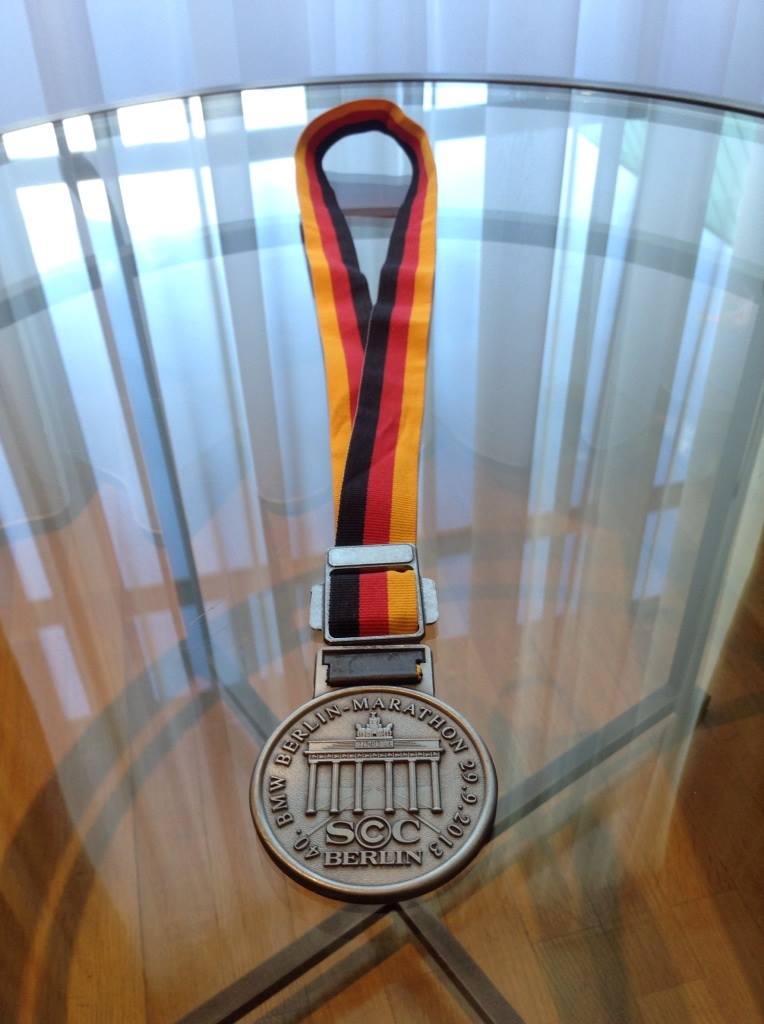
The litany of fast kilometers continued as Kipchoge & Co. Sub-1:59:30 pace is exceedingly hard to maintain, such that even with 2:55 and 2:49 kilos the projection had slipped to 1:59:41. Only Belihu remained, with Kipchoge and the pacers as they crossed 15K in 42:33. That 8:26 burst also sent Adola to the ropes, and a kilometer later the man who battled Kipchoge to the finish in ’16 would let go and do well just to finish in 2:09:43. Kipchoge was much of the same mind, noting, “I thought that my legs were actually running very fast and I thought, ‘Let me try to run 2-hours flat.” So inspired, the pace ramped up even higher as they tapped out 2:49, 2:47 and 2:50 kilometers to reach 13K in 36:49 which projected to a staggering 1:59:29 finish. “We discussed slowing the pace,” Trouw admitted, but they were in such a steady rhythm that it was best to let them run.”

The high speed was also a concern of Kipchoge’s manager Valentijn Trouw and race director Mark Milde, who monitored the race via motorbike. With Adola and Belihu still clinging to Kipchoge’s heels, the biggest worry for coach Patrick Sang was not the torrid pace but that disaster was just a heel clip away in the tightly bunched lead group of 6: “Eliud can handle the high pace, but I was afraid of contact that may cause a fall.” Not this year, as to Kipchoge’s beckoning the pace got even hotter with a trio of 2:49 kilometers fueling a subsequent 14:09 segment that sent the runners past the 10K clock in 28:23, a robust 1:59:45 pace. The opening 5K is always fast in Berlin before settling into the prescribed pace.

Only last year’s winner, Guye Adola, and his fellow Ethiopian Andamlak Belihu had the gumption to stick with the brazen cadence. With Kipchoge ensconced amidst the pacing formation, the opening tempo was a brisk 2:51 kilometer clip as they crossed the 5K timing mat in 14:14 (2:00:04 pace). He sped well ahead of the expected 60:40 pacing from the opening half, saying “My plan was to run my race and start at a fast pace.” Leading the charge was a trio of rabbits from his training group: Moses Koech, Noah Kipkemboi and Philemon Kiplimo. “You can push your limits and good things happen.”

“Berlin is a place where you can achieve greatness,” he said. In contrast to his ’18 record, where he started at a modest pace then revved up the speed over a 60:34 second half, this time Kipchoge lit out from the start as if on one of his Breaking2 efforts.


 0 kommentar(er)
0 kommentar(er)
